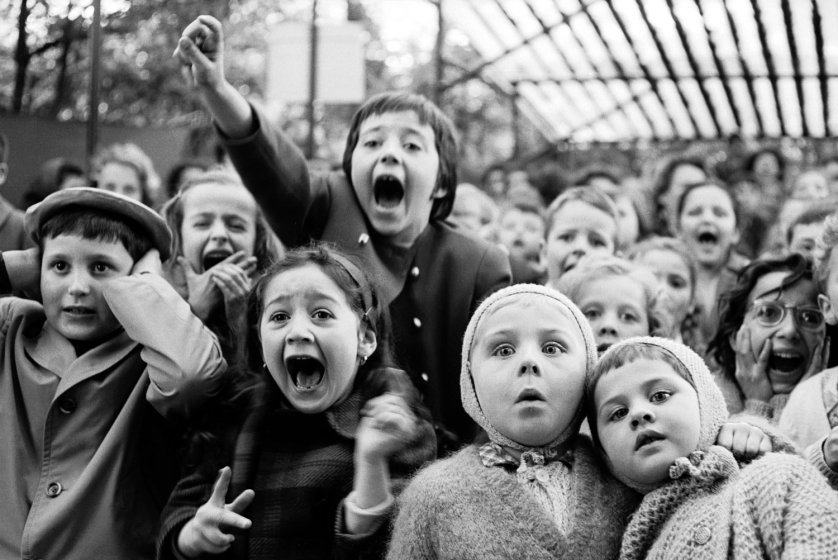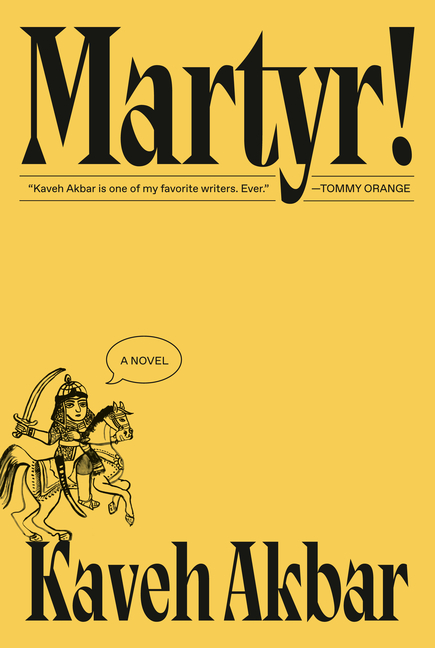Back when I regularly haunted bars, usually dive bars and usually alone, I would carry along some kind of reading material, a newspaper or, in a burst of middlebrow bravado, a New Yorker magazine. Something less intense and more foldable than an actual book.
Knowing that poring over prose looked odd in a place of revelers, pool pushers and loud music, I tried my best to be inconspicuous, settling down at the end of the bar, bathed in the neon splash of beer signage, or at a far-off table near the bathrooms, where the perfume of urinal cakes and dollar-store Glade lent a dubious olfactory ambiance.
Reading in public is acceptable in cafes and airports, but in bars it seems to be a pretentious faux pas, some sort of performative act. It could be a sly “pick-me-up” gesture, a “dating hack,” as LitHub recently put it.
That never occurred to me. A woman reading alone in a bar might be misconstrued as a come-on, but as a guy reading the police blotter in the paper, that was hardly the case. I simply wanted a whiskey with my words, then get out of there. At times I felt like a noir character — bruised alienation with a newspaper under his arm, trench coat optional.
Only once did someone mock me for reading in a bar, an annoying professional acquaintance who wanted me to join him at his table to gab. He teased me for reading a magazine, as if I was showing off, when really I was blissfully absorbed in my own inky world and couldn’t care less what anyone thought (proof: I was drinking Miller Lite).
I was having none of it and, in more polite terms than these, I told him to buzz off and leave me the goddam hell alone, that I’d rather read a mediocre Shouts & Murmurs than have to fake my way through vapid conversation and be as social as a mannequin.
In general, most good bars are too dark for reading, like Club De Ville in Austin, although the late Longbranch Inn, also in Austin, was ideal, especially on slow weeknights. The lights were strong but not glaring and you could always find a good half-hidden spot at the massive wood-carved bar, which looked like the bow of an ancient ship encircled by mermaids.
One of my favorite reading bars is the gloriously art deco Vesuvío Cafe in San Francisco, which shares Beat Generation bona fides with legendary bookstore City Lights, right next door. Have a drink, stroll on over, browse the shelves, buy a book, go back to the bar and read. In that case, a book in the bar couldn’t be more fitting. (Just don’t get Ginsberg’s “Howl.” That’s a little too on the nose.)
I’ve also written in bars, a lot. That’s when I’m traveling abroad. After a long day, I crack open a moleskin notebook and record the day’s doings, the contact info of people I’ve met, and attempt the occasional pen and ink sketch, which are invariably doomed to violent preschool abstractions. I draw as well as I play the tuba.
Bars are unique reading arenas. Bars are special. They’re where you unwind with a funny movie review by Anthony Lane or a lyrical music profile by Michael Corcoran while sipping a cold one. It beats sitting on your sofa doing the same. For bars are communal. You’re around people, and that might just afford a whisper of hope.
Maybe I look dopey sitting at the bar, alone, nose in a periodical. But believe me, I am rapt and content. Content as could be.


















